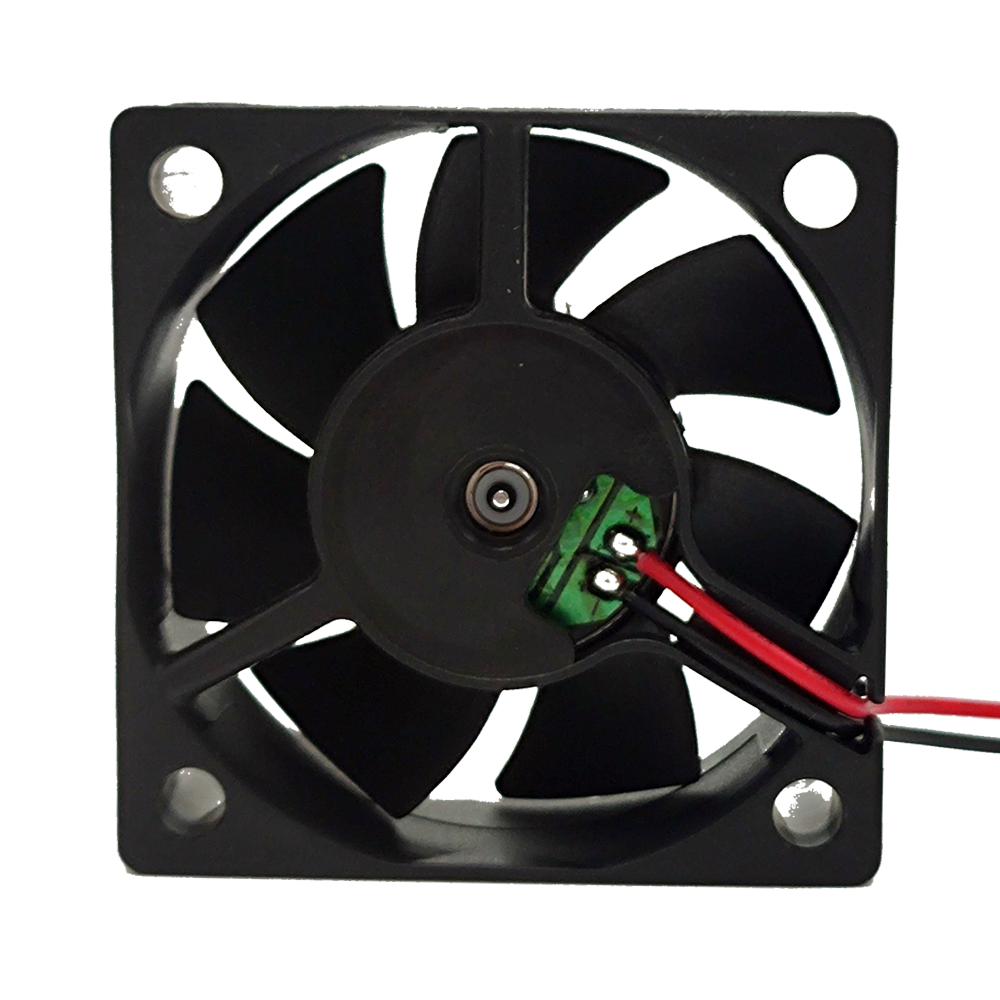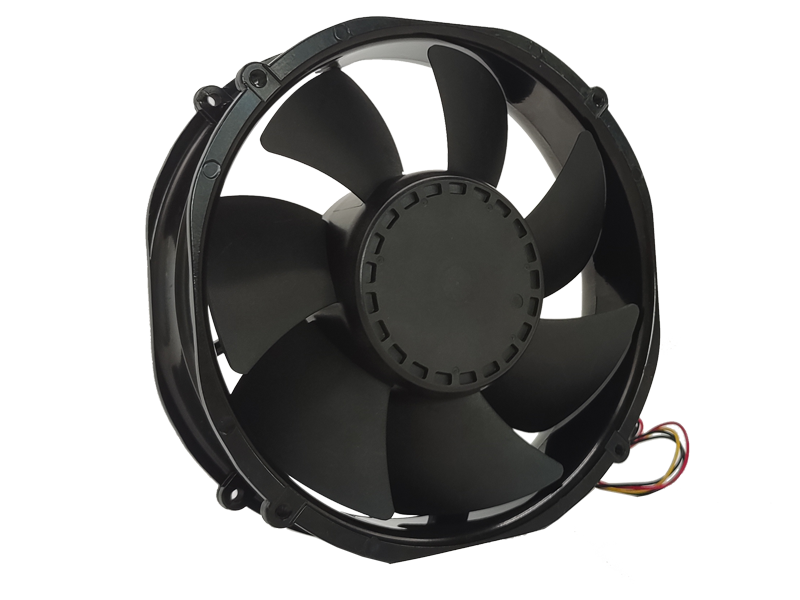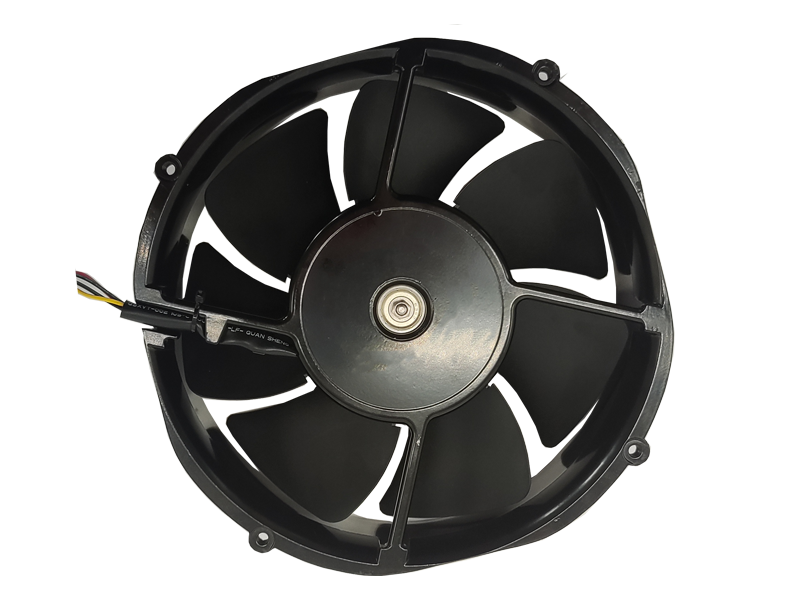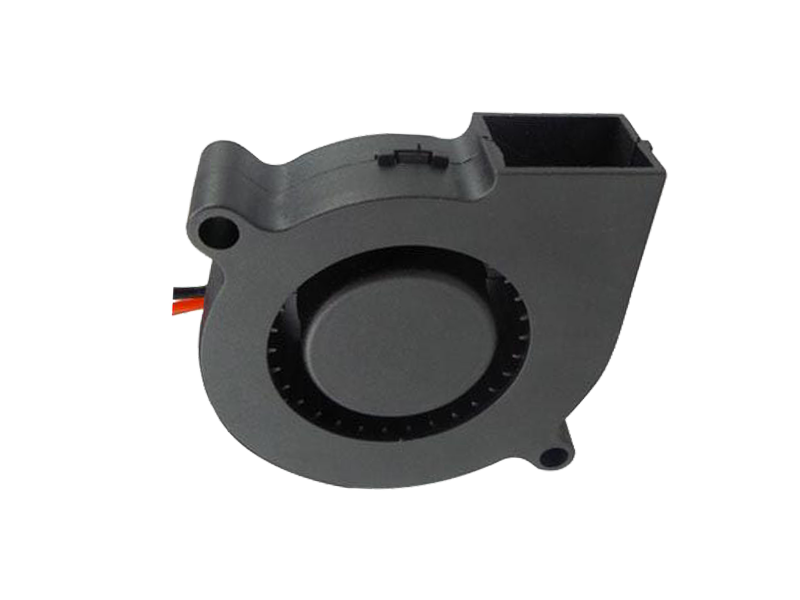Effective industrial fan design requires harmonizing technical performance with user-centric features and stringent safety standards. This article examines how leading manufacturers approach this complex balance, incorporating real-world case studies and expert insights.
1. User-Centric Design Principles
Modern industrial fans prioritize operator experience through:
Ergonomic Control Panels: Haptic feedback and touch interfaces rated for industrial environments
Predictive Maintenance Alerts: Vibration analysis and thermal imaging integrated into HMI
Quick-Change Components: Magnetic couplings and tool-less disassembly
A 2022 survey of maintenance professionals revealed that 68% prioritize ease of blade replacement when selecting industrial fans.
2. Safety Engineering Innovations
Stringent regulations (OSHA 1910.94, ATEX Directive) drive safety innovations:
Explosion-Proof Enclosures: Stainless steel construction with flame path gaps
Automatic Shut-Off Systems: CO and smoke detection triggers immediate power cutoff
Emergency Cooling Modes: Maintains airflow during power outages using battery backup
A pharmaceutical manufacturer reduced explosion risks by 89% after installing fans with integrated gas detection and automatic depressurization systems.
3. Noise Reduction Strategies
Occupational health regulations (EU Directive 2003/10/EC) mandate maximum noise exposure of 85 dB(A). Advanced mitigation techniques include:
Aeroacoustic Optimization: Blade serrations and trailing edge modifications
Active Noise Control: Anti-phase sound waves canceling specific frequencies
Vibration Isolation: Spring-mounted motors and composite bearings
A textile mill achieved a 22 dB(A) reduction by combining aeroacoustic blade design with active noise control, bringing levels below regulatory thresholds.
4. Environmental Adaptability
Industrial fans must operate reliably in extreme conditions:
Corrosion Resistance: Electropolished stainless steel and PVDF coatings for marine environments
Dust Mitigation: Cyclonic pre-filters and self-cleaning blade surfaces
Temperature Extremes: Cryogenic seals (-196°C) and refractory linings (1200°C+)
A mining operation in Chile increased fan lifespan from 18 to 47 months by implementing a self-cleaning blade system with nanocoatings.

5. Sustainability Integration
Eco-design principles are transforming fan manufacturing:
Closed-Loop Recycling: 92% of materials reclaimed from end-of-life fans
Carbon Fiber Recycling: Pyrolysis processes recover 85% of fibers
Energy Harvesting: Piezoelectric materials generate power from airflow
A European consortium developed a fan with 100% recyclable components and a 20-year service life, aligning with circular economy principles.
6. The Future of Fan-Human Interaction
Emerging technologies promise deeper integration:
Augmented Reality Maintenance: HoloLens interfaces guide repairs
Biometric Feedback: Adjusts operation based on operator stress levels
Swarm Intelligence: Fans coordinate autonomously based on worker locations
Conclusion: Industrial fan design has evolved into a multidisciplinary science requiring expertise in fluid dynamics, materials science, and human factors engineering. By prioritizing safety, usability, and environmental responsibility, modern fans are becoming safer, more efficient, and more integrated with the industrial ecosystems they serve.
Recommended Products

The main purpose:Car charging station

The main purpose:Car charging station

The main purpose:Electronic refrigerators, water dispensers, direct drinking machines, inverter power supplies
Address:No. 4137, Longgang Avenue (Henggang Section), Henggang Community, Henggang Street, Longgang District, Shenzhen
hotline:13530005572(Chen)15112579390(Li)


Welcome all friends to come for consultation and negotiation.
Copyright 2024 @ Shenzhen Youneng Xinyuan Electronics Co., Ltd.,(industrial fans,industrial blowers,axial fans,cooling fans manufacturer,centrifugal fans,ac cooling fans,dc cooling fans)